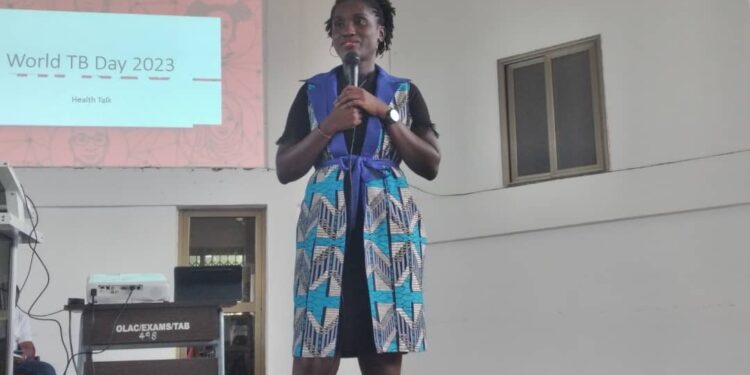A physician Specialist at the TB and HIV infection unit at the Cape Coast Teaching Hospital, Dr. Elizabeth Tabitha Abbew says the notion of tuberculosis (TB) being a spiritual disease and not an infection must be decreased in the 21st century.
She notes that TB like any other infectious diseases such as malaria, and typhoid among others can be cured when early detected and medication is duly administered.
Bemoaning the actions of people who perceive the disease as a spiritual one, she explained that such a notion drives people away from seeking medical treatment at the detriment of their health.
Dr. Elizabeth Tabitha Abbew indicates that though she does not downgrade spiritual healing, it is important for patients of TB to seek proper medical treatment to safeguard their lives.
“Usually when we say it’s a spiritual disease, we don’t take the medication that goes with it and only do it. I’m not going to discourage people from following their beliefs. So you can do the spiritual aspect. If you feel that it is spiritual, somebody has bought it for you, fine. Let somebody pray for you, but also take the medication. So while we are doing the spiritual, we are also doing the physical. Take your medication and cure. But from the knowledge I have, TB is not a spiritual disease. Go to the hospital, get the medication, and take It.” she advised.
Dr. Elizabeth Tabitha Abbew was speaking at a program organized by the Cape Coast Branch of Ghana Science Association, at Ola College of Education to commemorate World TB Day.
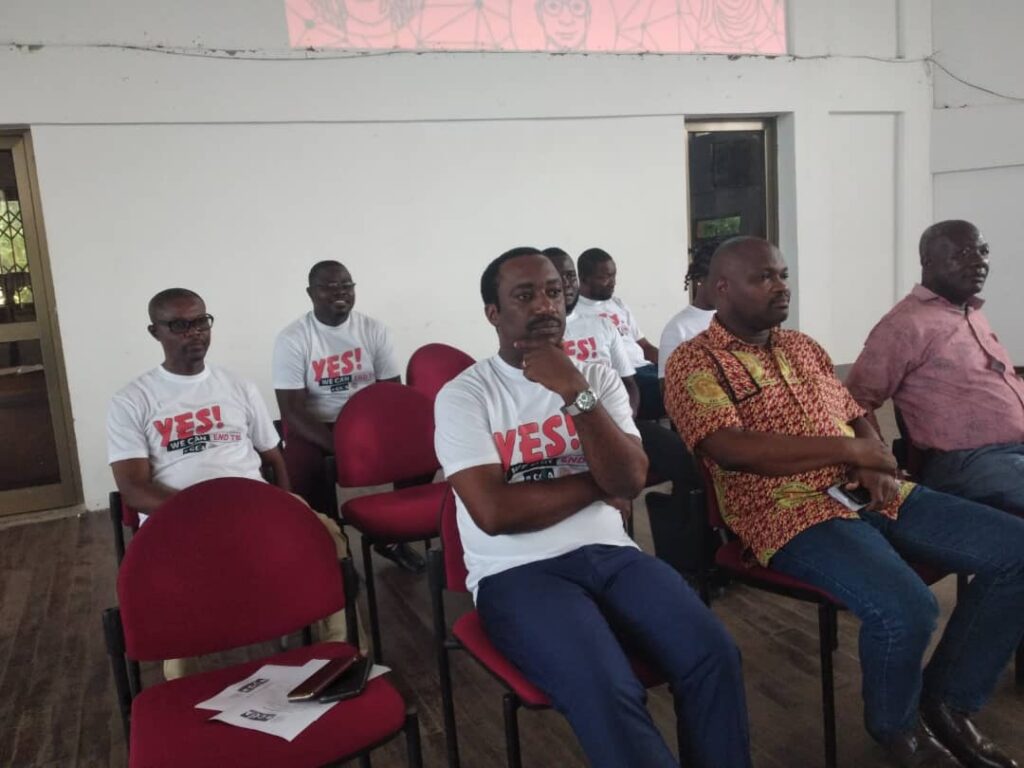
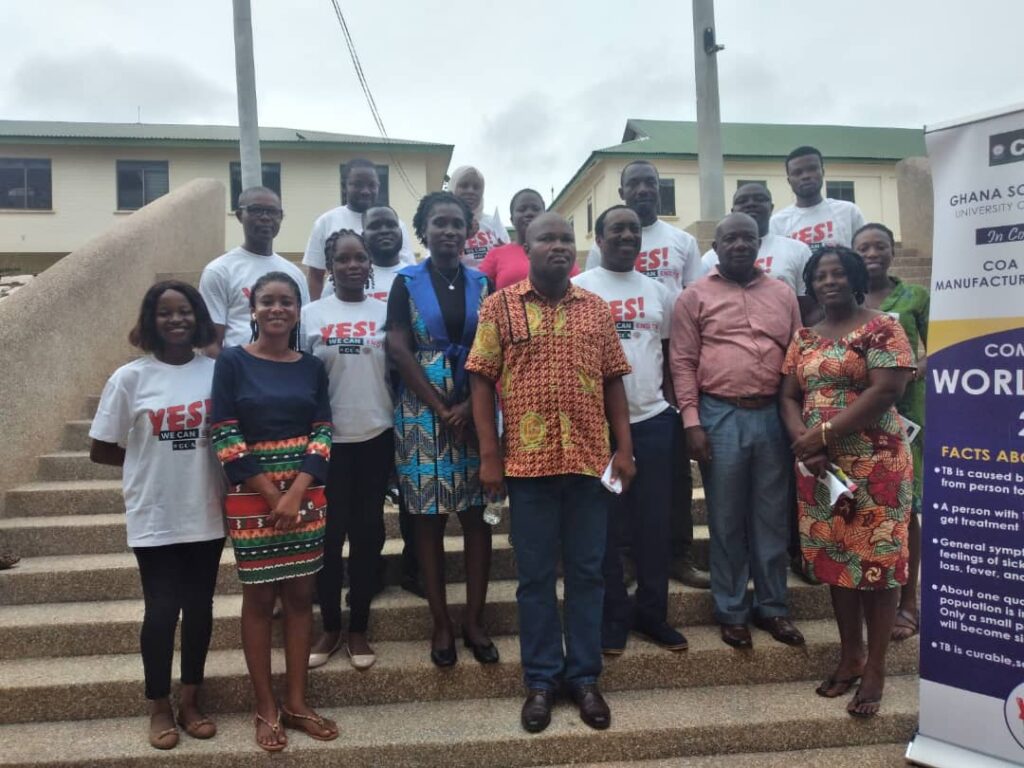
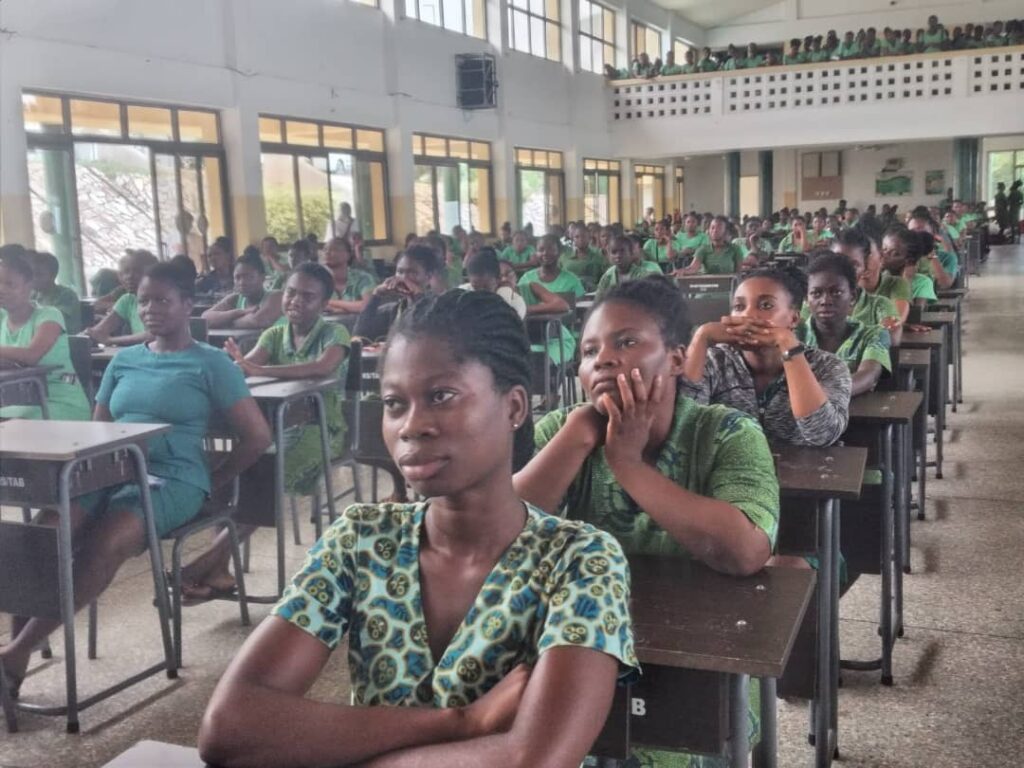
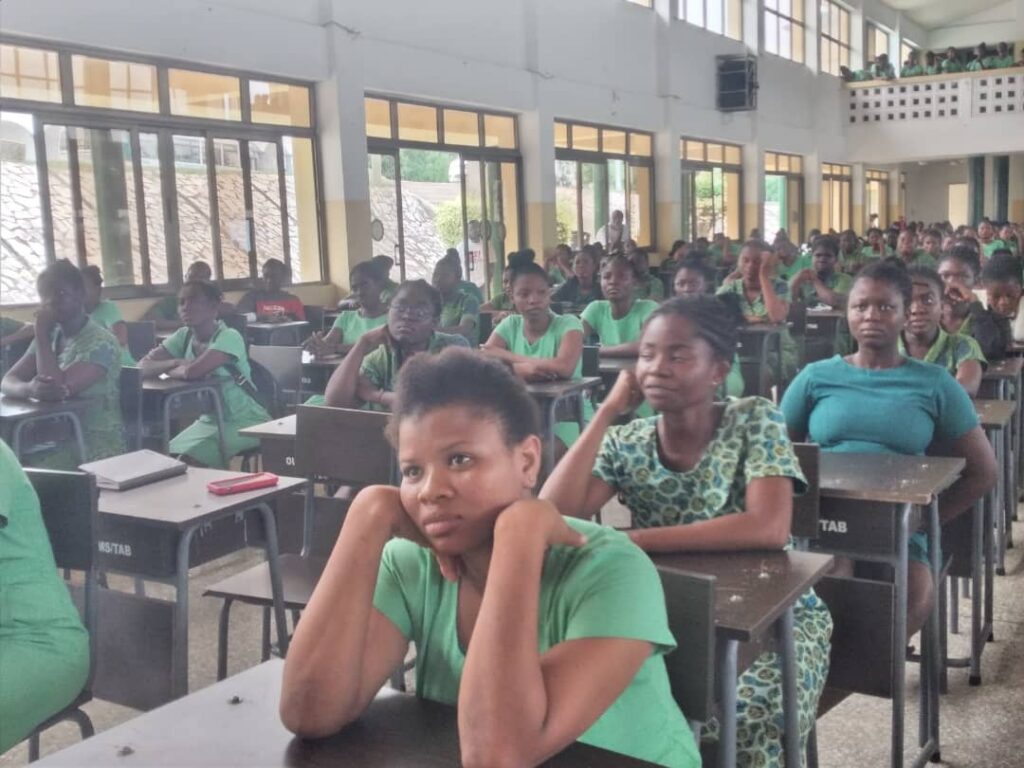
According to her, Ghana is currently paying attention to finding missing cases of TB as the World Health Organisation (WHO) estimate of cases is more than what is able to detect.
“So you don’t have to stay at home when you are coughing. You have to go to the nearest facility to be screened. All the lab tests for tuberculosis are free. If you are testing for TB itself, nobody will take money from them. When you are diagnosed, you are put on treatment as soon as possible. TB treatment is free in Ghana and even in most countries.” She continued.
Dr. Abbew notes that although everybody is at risk of getting Tuberculosis, children, people living with HIV, and diabetic patients are usually at a high risk of getting contracting the disease.
She says the disease presents itself with cough, high fever, and drenching night sweats.
Other symptoms include weight loss, chain pain, bloody urine, and skin rash.
To this end, she advises all and sundry to visit the nearest health facility when these symptoms present in their lives.
World TB Day 2023, with the theme ‘Yes! We can end TB!’, aims to inspire hope and encourage high-level leadership, increased investments, faster uptake of new WHO recommendations, adoption of innovations, accelerated action, and multisectoral collaboration to combat the TB epidemic.
On his part, the Central Regional Disease Control Officer and regional TB Coordinator, Mr. Charles Kofi Eshun assured that despite the low case detection nationwide, the region is making high progress in the treatment of the disease
He stated that his outfit is currently focused on deepening lost-to-follow-up to close the low detection gap and to reduce the recorded death cases.
As part of its mandate of promoting and popularizing science for improved lives, the cape coast branch of the Ghana Science Association partnered with the TB unit of CCTH and COA Mixture to organize a TB sensitization program at Ola College of Education to raise awareness on the devastating health, social and economic consequences of the Tuberculosis.
In an interview with ATLFMNEWS at the sideline of the program, the president of the Cape Coast branch of Ghana Science Association, Professor Michael Adinortey said the association would continue to embark on such awareness campaigns in an effort to end Tuberculosis and however revealed why the choice of Ola College of Education for the program.
Read also: IEPA calls for a holistic approach to teaching and learning in Free SHS System for sustainability
Source: Eric Sekyi/ATLFMNEWS

















